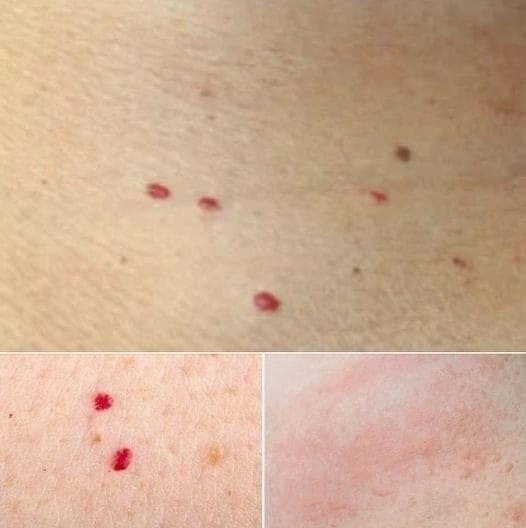- What It Is: Red dots caused by bacterial, viral, or fungal infections (e.g., folliculitis, chickenpox, or ringworm).
- Causes: Poor hygiene, contact with infected individuals, or weakened immunity.
- What to Do: Seek medical advice for proper diagnosis and treatment.
6. Blood Disorders
- What It Is: Red dots or bruising caused by conditions like leukemia or clotting disorders.
- Causes: Abnormal blood cell production or function.
- What to Do: If accompanied by fatigue, unexplained bruising, or other symptoms, see a doctor immediately.
When to See a Doctor
While many causes of red dots are harmless, some may require medical attention. Consult a healthcare provider if:
- The dots appear suddenly and spread quickly.
- They’re accompanied by fever, fatigue, or other symptoms.
- They don’t fade or disappear within a few days.
- You’re unsure of the cause or feel concerned.
How to Prevent Red Dots on the Skin
- Stay Cool: Avoid overheating and wear breathable clothing.
- Moisturize: Keep your skin hydrated to prevent irritation.
- Avoid Allergens: Identify and steer clear of triggers.
- Practice Good Hygiene: Wash your skin regularly to prevent infections.
- Monitor Your Health: Address underlying conditions like allergies or blood disorders.
Final Thoughts
Red dots on your skin can be caused by a wide range of factors, from harmless heat rash to more serious conditions. While many cases are nothing to worry about, it’s always a good idea to monitor your symptoms and consult a healthcare professional if you’re unsure. By understanding the potential causes, you can take the right steps to care for your skin and overall health.

